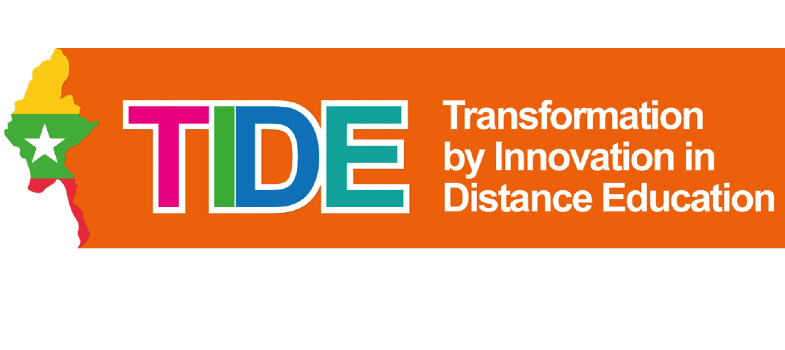4 Reflection
During this week you have been learning how to ask the right questions and develop a critical mind-set towards what you read online.
Activity 8 Asking the right questions
Have a go at evaluating one or both of the stories below using the techniques you have been introduced to. (Look back at Section 3 Asking the right questions if you need a reminder).
Scan the article to get a feel for the headlines and key points of the story. Make a note of the process you follow in each case and any questions that arise in your reflective journal. For example, how do you decide if someone is who they say they are? If scientific claims are being made, how can you check what they are based on?
- Article 1: Pigeons can identify cancerous tissue on x-rays… [Tip: hold Ctrl and click a link to open it in a new tab. (Hide tip)] (Brait, 2015) (or watch the YouTube clip: Pigeons as Trainable Observers of Pathology and Radiology Breast Cancer Images(2015).
- Article 2: Why the internet is made of cats (Potts, 2014). There is no need to read the whole article, the section entitled ‘Allen-Alchian Explains Why the Internet is Made of Cats’ and the conclusion should give you enough to go on.
Discussion
The story about pigeons being able to identify cancerous cells is based on bona fide scientific experiments. For some of the research behind the headline see Pigeons as Trainable Observers of Pathology and Radiology Breast Cancer Images from Plos.
‘The birds proved to have a remarkable ability to distinguish benign from malignant human breast histopathology after training with differential food reinforcement; even more importantly, the pigeons were able to generalize what they had learned when confronted with novel image sets.’
Article 2 argues that ‘cute shapes the internet’ (with particular reference to Grumpy Cat). The author uses the Allen-Alchian theorem, or the ‘third law of demand’ to model quality on the internet.
The article makes some assumptions, which may make sense to those immersed in the field of economics but are open to question from other perspectives. It is up to you if you buy the argument or not!
Add to your reflective journal one or two top tips for evaluating information that you would like to remember. Also make a note of any ways in which your information landscape has changed as a result of what you have learned, for example, useful new sources or networks you have discovered.
Here are Kyaw Win’s reflection on the week:
“I thought about the information sources that I use most, and also practiced developing my searching skills. I think this will save me a lot of time and frustration in the future. It’ll also mean I’m less likely to get information overload.
Practicing this also developed my critical skills. This will be useful in my degree studies as well as my digital life because I have a better idea what the right questions to ask are. Sometimes opinion is presented as fact and it’s not always clear. Take the example of mining companies in Myanmar and the environment. You’ll get very different views from a mining company website to an online environmentalist about the impact of mining on the environment.”
3.2 Developing your ‘trustometer’
